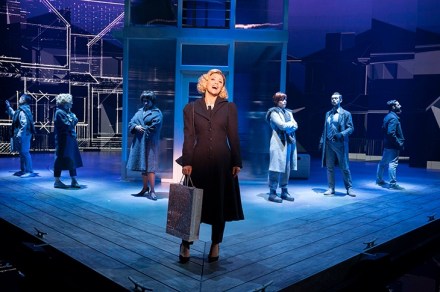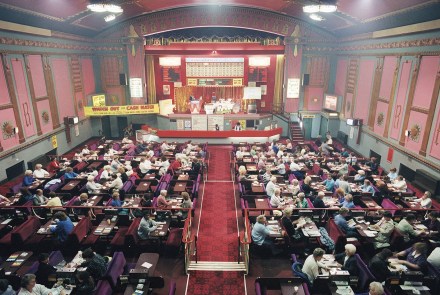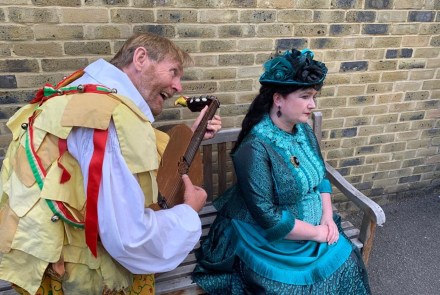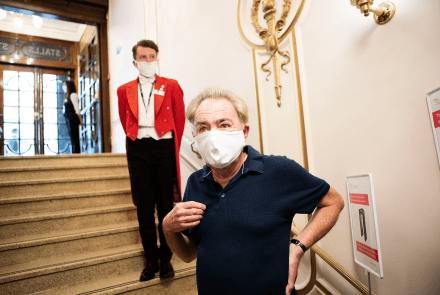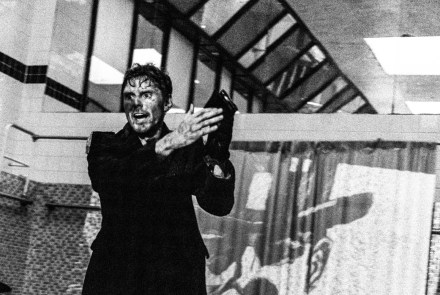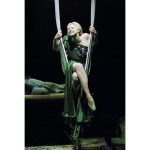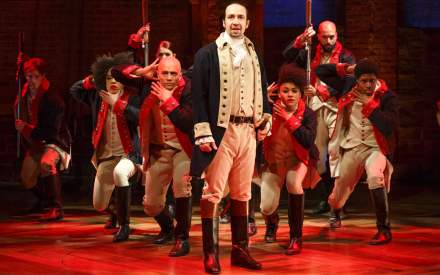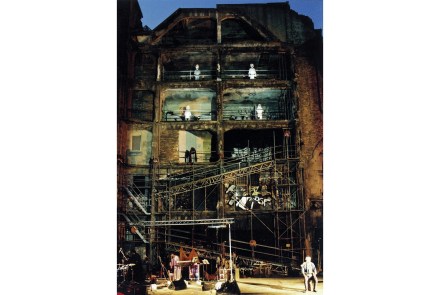An investor should snap up this weepy musical: Sleepless reviewed
It has roughly the same proportions as Shakespeare’s Globe. The Roman Theatre in Verulamium (St Albans) is an atmospheric ruin with low flint walls, a banked rampart and a single stone column. Historians estimate that the circular space, measuring about 40 yards in diameter, would have enabled 7,000 spectators to watch plays, gladiatorial contests and executions. That figure seems too high. A capacity of 1,500 might be nearer the mark. These days the venue hosts outdoor theatre. Playgoers who sit at the edge of the auditorium can reach out and touch the ancient flint walls and run their fingers across the grain of the Roman concrete. During the August cold
